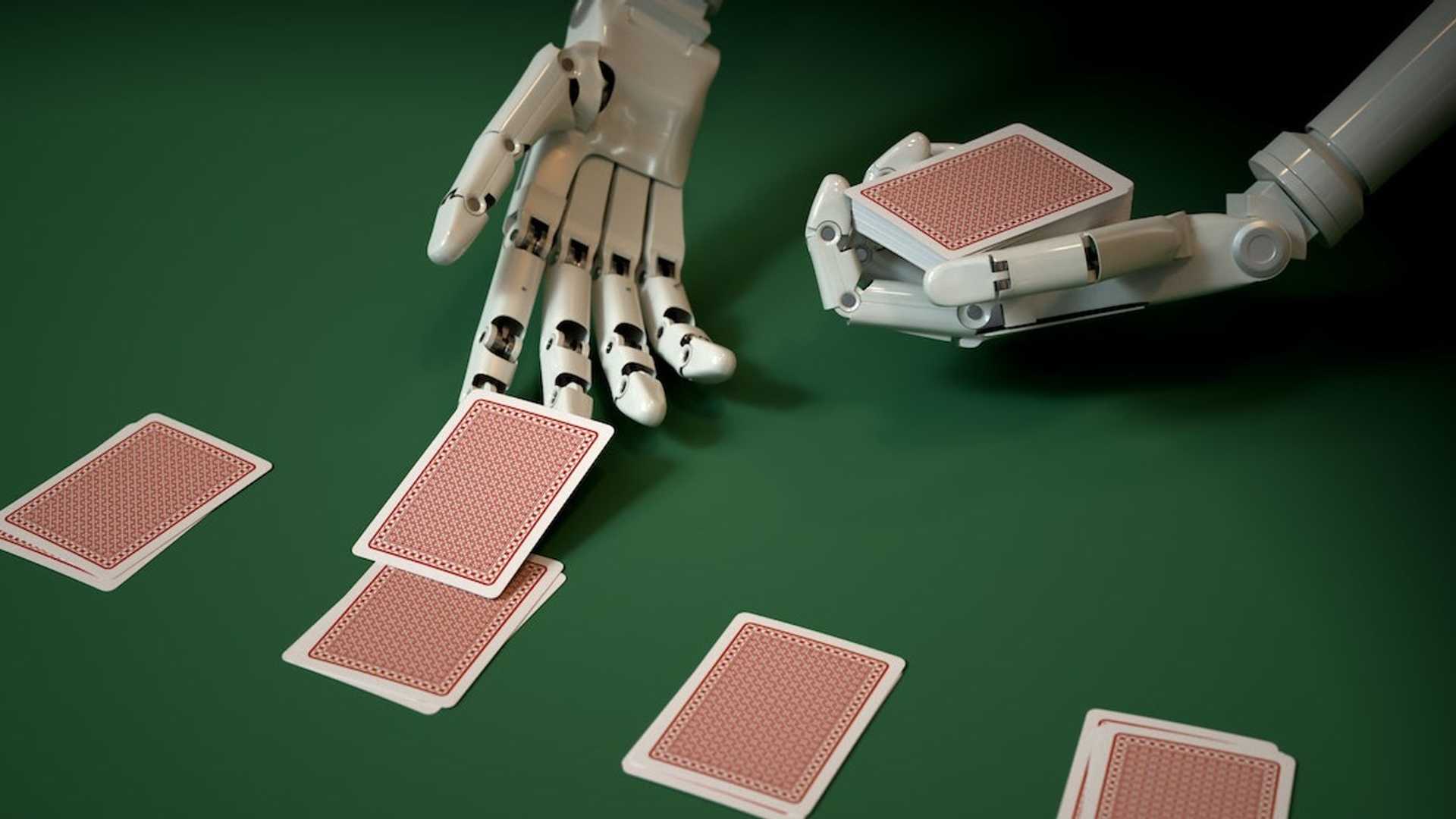Large language models like ChatGPT have made waves in the field of artificial intelligence in recent years. With the ability to write poetry, conduct human-like conversations, and even pass medical school exams, these models have incredible social and economic implications. However, despite their impressive abilities, they still cannot think like humans do, which limits their usefulness in certain areas.
Limitations of Large Language Models in Gambling
One area where large language models can't help you is gambling. These models are not designed to make rational decisions under conditions of uncertainty. In fact, a study conducted by Mayank Kejriwal at the University of Southern California showed that models like BERT behave randomly when presented with bet-like choices.
For example, if you were to ask ChatGPT which option to choose in a bet where you win a diamond if a coin toss comes up heads and lose a car if it comes up tails, the model would choose tails about half the time - clearly not a rational decision.
While the model can be taught to make relatively rational decisions using a small set of example questions and answers, the situation becomes much more complex when using other types of bets like cards or dice.
Why Human Decision-Making is Essential in High-Stakes Gambling Applications
Therefore, until researchers can endow large language models with a general sense of rationality, they should be treated with caution, especially in applications requiring high-stakes decision-making. Humans should guide, review, and edit the work of these models to ensure that their decisions are rational and accurate.
In conclusion, while large language models like ChatGPT have made incredible progress in recent years, they are not a replacement for human decision-making, especially in areas like gambling where rational decision-making is critical.




















